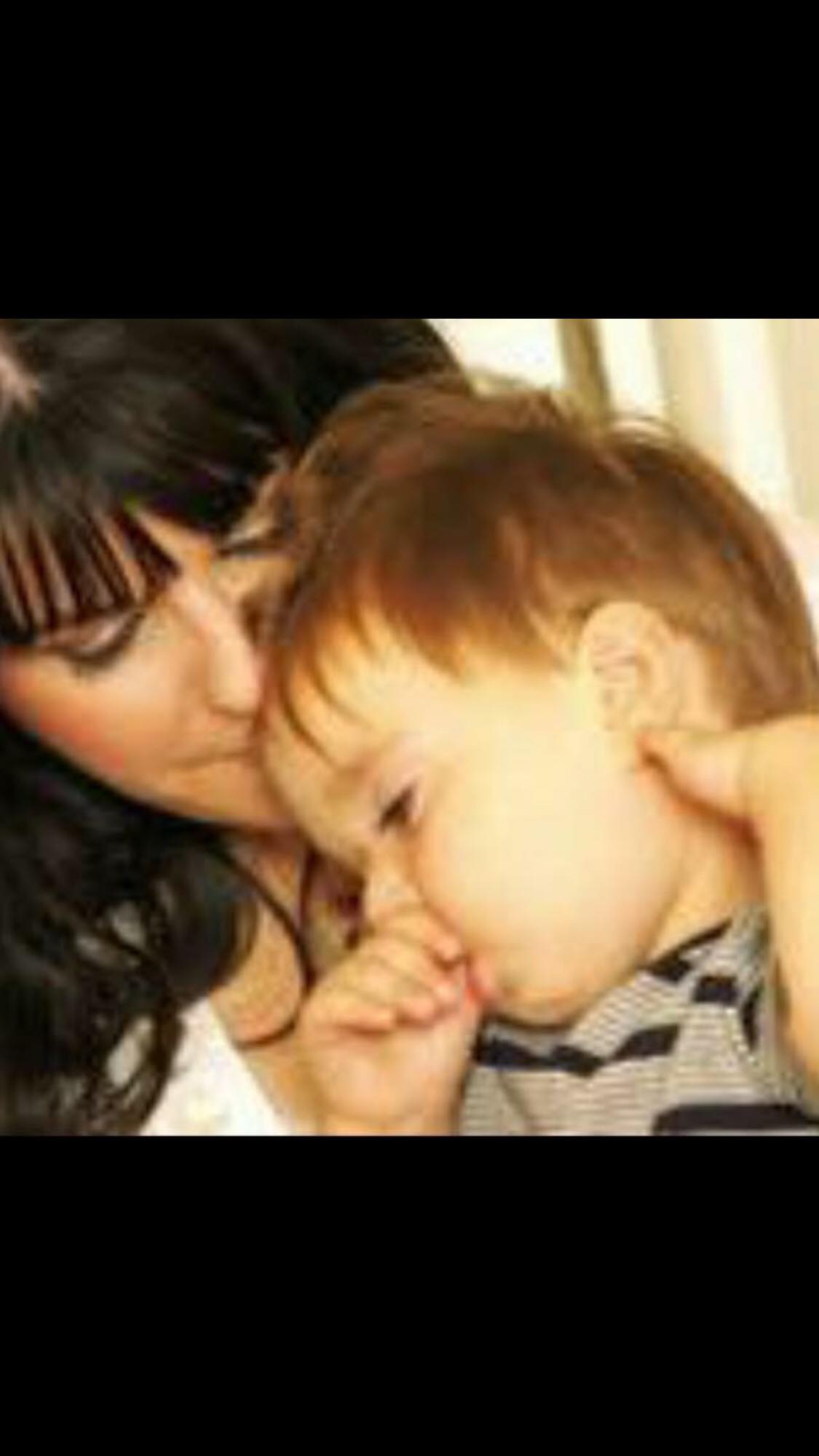Bed Wetting .. Not a Dinner Time Conversation by Mr Feilim Murphy
Mr Feilim Murphy is the lead Consultant Paediatric Urologist as St George’s NHS Trust in London. After initially training in Ireland he worked in Australia in and New Zealand. He returned to Dublin to complete his training in paediatric surgical training and was awarded a fellowship in paediatric surgery from the Royal College of Surgeons in Ireland. He then further trained and worked as a Consultant Paediatric Urologist in Great Ormond Street for Children in London before moving to South London.
He has made minimally invasive urological surgery the cornerstone of his practise. He has a significant interest in reconstructive surgery, neuropathic bladders, hypospadias surgery. He has a special interest in the undescended testis, wetting disorders and children with special needs who are incontinent.
He is a member of numerous international paediatric surgery and urology organisations and a regular reviewer for many prestigious national and international journals. He has published many scientific articles and paper, book chapters and international research presentations and is the research lead for paediatric surgery and urology in St George’s hospital. He has been invited worldwide to talk about the key issues in paediatric urology and potential for future improvements in the field. He is presently the elected secretary to the British Association of Paediatric Urologists.
Bed wetting can be a changing problem for young children and their families. Around 12-20% of children at seven years of age can have night time accidents and boys are more commonly affected than girls. A parental history of bed wetting will increase the changes of the child having it also.
Children’s brains mature at different speeds and getting fully dry at night can vary with in a family. Thankfully most children have mild symptoms, have accidents relatively rarely and quickly get better. However that is of little consolation if your child is persistently wet.
Bed wetting or nocturnal enuresis (to give it its medical name) can be socially isolating for the child and the family. As the problem persists the child can get more downhearted and anxious about the issue leading to further stress within the family. The children can vary from wetting just their underwear to drowning the bed and can range from waking with a single drop of urine to being in a deep sleep in a very wet bed. Medical evidence shows the most night time accidents occur when the child is in a lighter phase of sleep but immediately afterwards they can plummet into a profoundly deep sleep from which they are difficult to wake.
The key issue in dealing with a child with bed wetting is as a parent to remain calm. This can be extremely challenging when changing sheaths and bed clothes at three in the morning for the fifth time in the week. It is not the child’s fault that they wet at night. Talk to your child about the problem and seek their help in getting better. A motivated child is the greatest weapon in starting to resolve the issue. Restricting the fluids in the late afternoon and encouraging proper bladder emptying before bed are the easy steps to be taken at home. There are wonderful websites and resources online such as ERIC which can really helpful. Be careful with ‘star charts’ and reward systems as giving a child a sticker for a dry night implies that they have some sort of control over what is happening when they do not.
If simple measures are not improving the problem please talk to your general practitioner or local continence expert. Alarms are wonderful treatment option for most children. They function to wake the child on the detection of urine on the underwear or on a mat on the bed. Over a number of weeks the child stops having accidents and sleeps through the night. However a number of children are unwakeable and despite the entire household been awoken by the alarm they sleep through it!
Medication can be used and is effective in children whose bladder storage capacity at night is smaller than the volume of urine that they produce. The medicine reduces the urine production overnight to match the bladder volume.
Some children will have daytime problems which are difficult to detect. Their tendency not to go to the toilet in school or always to be rushing to the toilet can hide daytime wetting. In these children a specialist paediatric continence expert is required. No matter how desperate it appears children’s continence issue can be improved and seeking help is the first step on that journey. Do not despair; talk to your child, use the online resources and if it is not improving seek help.
Mr Feilim Murphy can be contacted on 0207 390 8322.
He consults at,
The Portland Consulting Rooms
234 Great Portland Street
London W1W 5QT



























